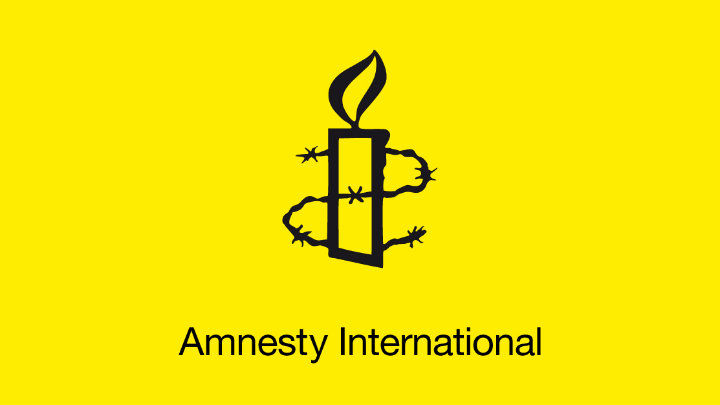Supreme Court accuses Amnesty of Islamophobia, hate crimes
The Maldives’ Supreme Court has hit back furiously at criticisms by Amnesty International, accusing the world-renowned human rights group of Islamophobia, political bias, and hate crimes against the Maldivian people.

03 Mar 2016, 09:00
The Maldives’ Supreme Court has hit back furiously at criticisms by Amnesty International, accusing the world-renowned human rights group of Islamophobia, political bias, and hate crimes against the Maldivian people.
In a statement in English, the Supreme Court on Wednesday, said Amnesty’s annual report on the Maldives, released last month, was marred by inaccurate, incomplete and at times false information.
The report had expressed concern over the continued practice of flogging, and judicial overreach and lack of independence, by highlighting the jailing of opposition politicians in “grossly unfair” trials as well as the apex court’s treason charge against the human rights watchdog.
“The Maldives judiciary shall not show favoritism towards politicians, and shall not take Amnesty International’s love and sympathy for a particular politician as reason to grant him/her a special status above the law,” the statement read.
Become a member
Get full access to our archive and personalise your experience.
Already a member?
Discussion
No comments yet. Be the first to share your thoughts!
No comments yet. Be the first to join the conversation!
Join the Conversation
Sign in to share your thoughts under an alias and take part in the discussion. Independent journalism thrives on open, respectful debate — your voice matters.




